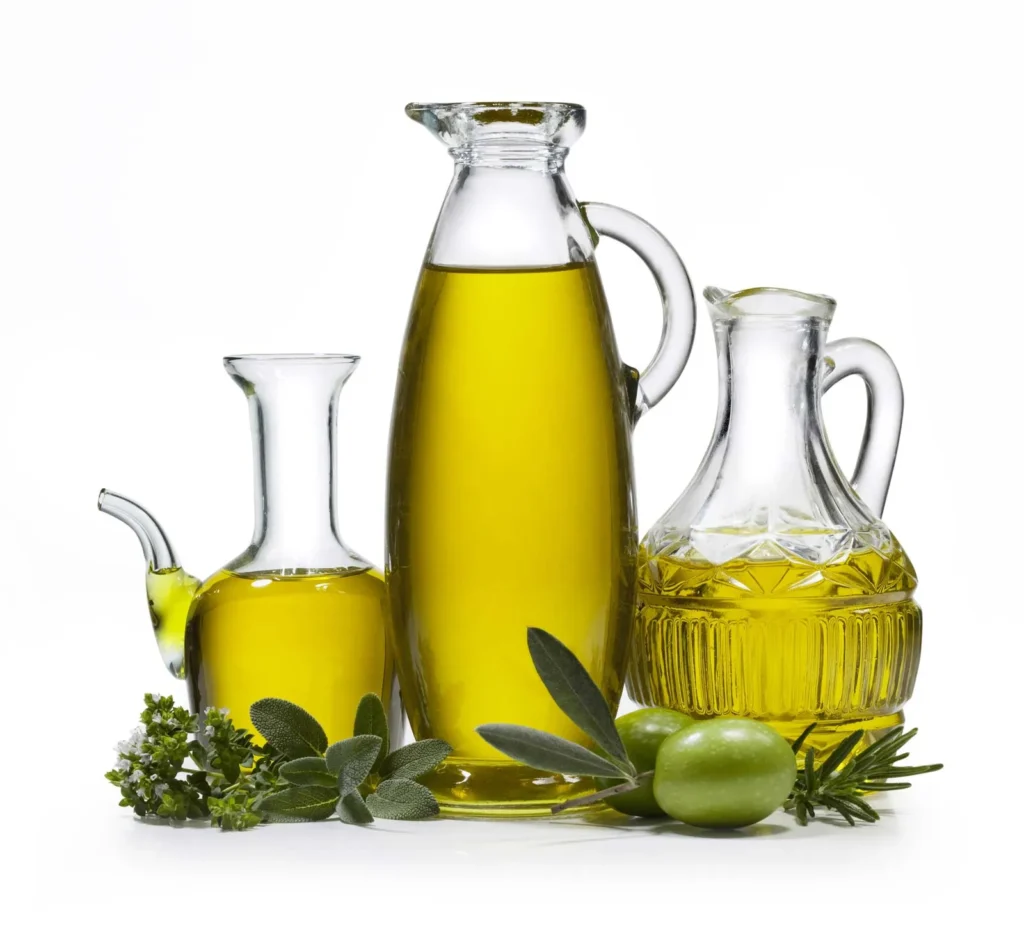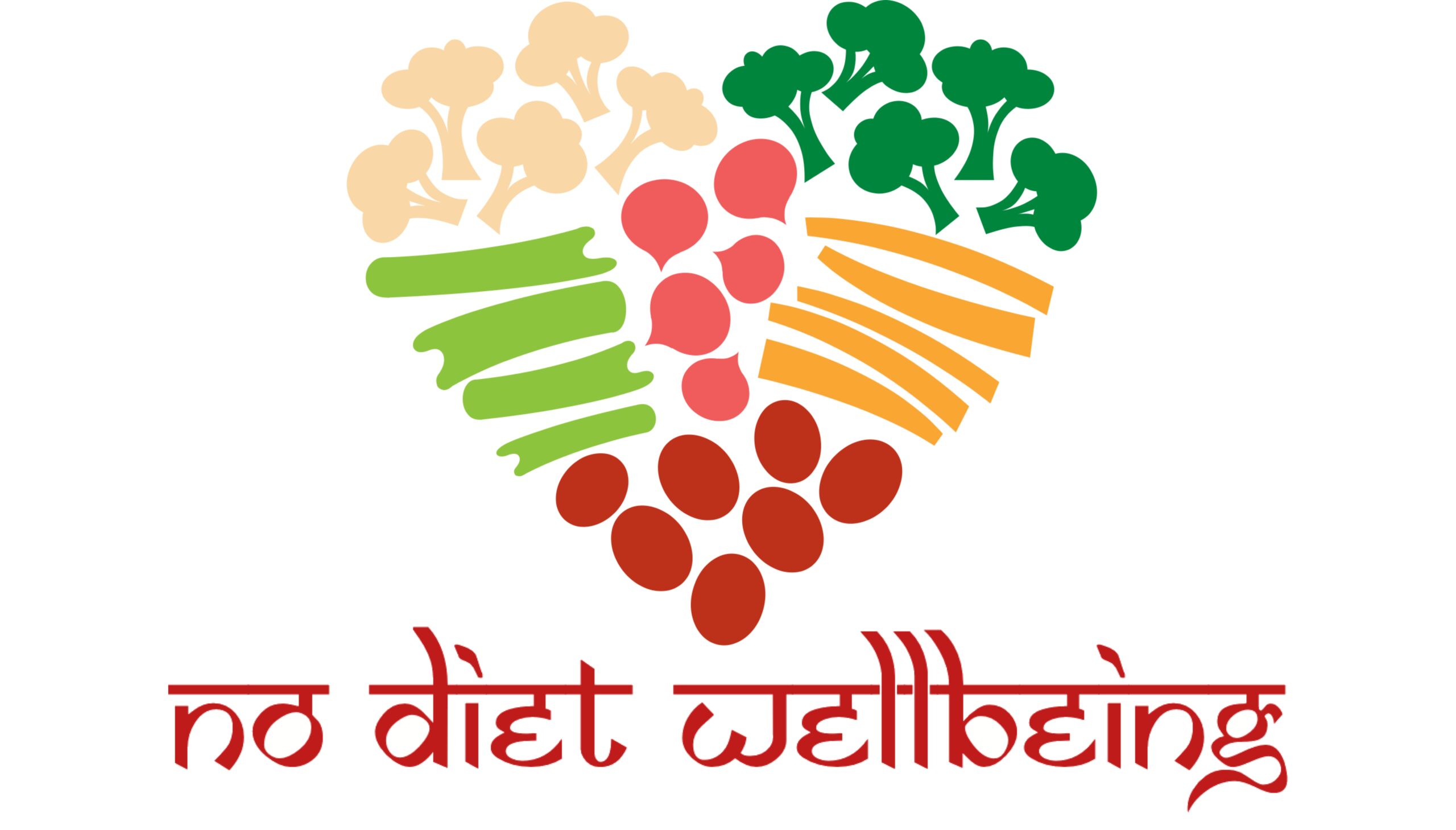
Debunking myths about oil
As an Indian, I was raised to eat food cooked with oil and desi ghee. My family still believes that oil helps and increases the mobility of joints, and overall, it is good because our body organs need some oiling or grease. Indians generally think food tastes better when it is cooked with oil or ghee. I am happy that my family back in India is slowly transitioning. Old habits don’t go that easily. Like I always say, small changes make a difference.
Have we ever realized or thought that oil is unnecessary in our bodies? I have learned that two years ago, I stopped cooking my food in any oil, whether it’s olive oil, extra virgin olive oil, vegetable oil, mustard oil, avocado oil, coconut oil, or ghee. For me, oil is oil. When cooking, my best friend is water or low-sodium vegetable broth. It is always possible to avoid oils.
Why avoid cooking oils?
- It is highly refined.
- Oils are deficient in nutritional value
- Oils lack fiber, protein, carbohydrates, minerals, and vitamins.
- 100 percent fat calories.
- Monosaturated and saturated fat oil is very harmful to the endothelium(the innermost lining of the artery); this damage is the gateway to vascular disease.
- A typical two-tablespoon serving of oil contains between 120 and 130 calories, all of which come from fat
- Coconut oil is exceptionally high in saturated fat, about 90% of the total fat content, higher than the 40% saturated fat found in lard.
- Oil quality is also difficult to determine, as the fats in many plant oils may become damaged if exposed to heat during processing, packing, transportation, storage, or cooking.
So, What Happens to Your Body When You Eat Oil?
High-fat foods, including oils, elicit an intense reaction from your body and brain, which can contribute to their apparent addictive qualities. You may initially feel pleasure when eating oily foods, but what follows is not suitable for your body. After a high-fat meal:
- Endothelial function diminishes for several hours, leading to decreased blood flow.
- Digestion slows as enzymes, stomach acid, bile, and other juices work to break down the fats
- Excess fats are converted into triglycerides and cholesterol in the liver and stored in the body as a future source of fuel
Consuming oil also negatively affects gut bacteria. Saturated fats appear to have the greatest impact on the number, richness, and diversity of bacteria in the gut microbiome. This may be associated with reduced production of beneficial short-chain fatty acids and can lead to an increase in inflammation and free radical production. This may result in DNA damage and deplete your body’s stores of antioxidants as your system tries to combat the onslaught.
Does Oil Have Nutritional Value?
Compared to the foods included in a whole, plant-based diet, oil has a significantly higher caloric density per pound.
- Vegetables: 100 calories
- Fruit: 300 calories
- Nuts: 2,500 to 3,000 calories
- Oil: 4,000 calories
Getting Healthy Fats from Whole Food Sources
Here are some tasty ways to get healthy plant-based fats without added oil:
- Nuts, seeds, and their butter (look for brands with no added oil, sugar, or salt)
- Avocados
- Beans like chickpeas, black beans, kidney beans or pinto beans
- Whole or fermented soy products
